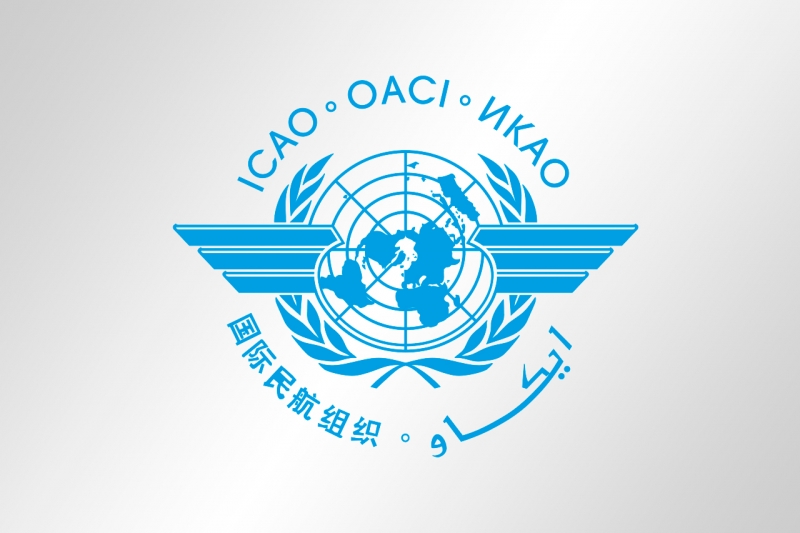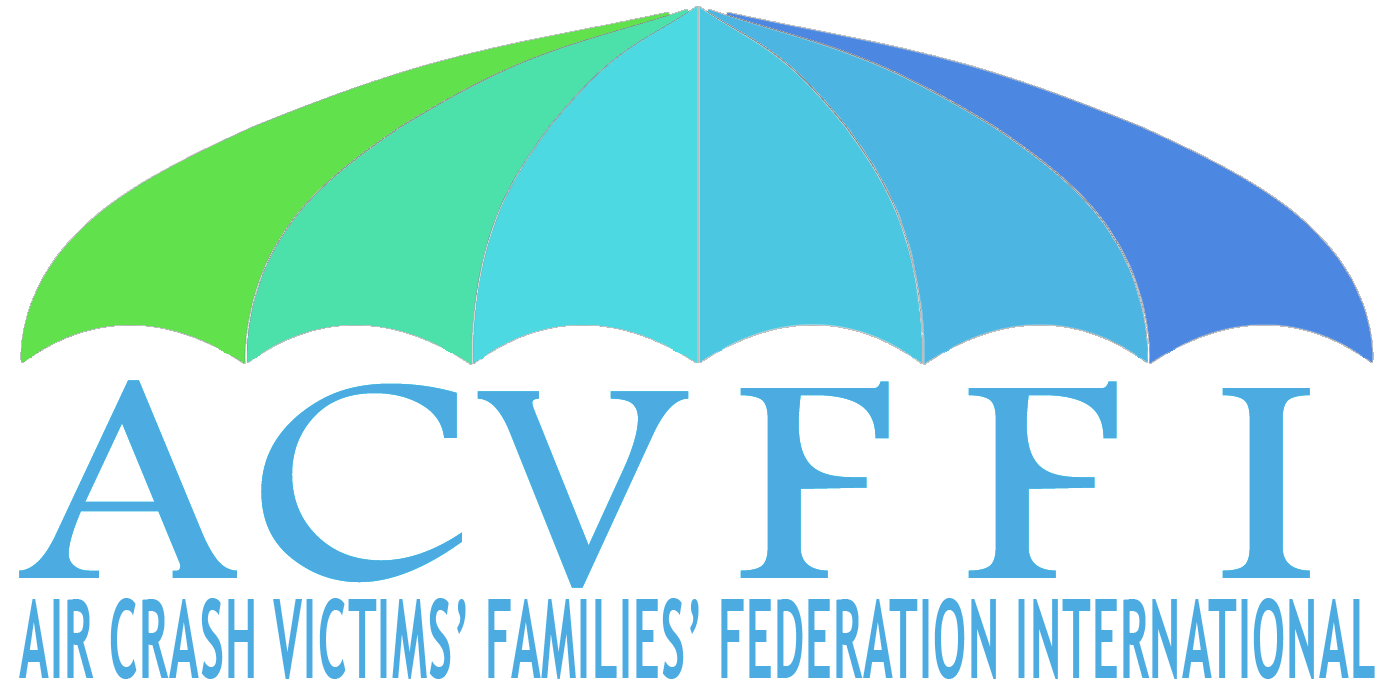About ICAO
ICAO is funded and directed by 193 national governments to support their diplomacy and cooperation in air transport as signatories to the Chicago Convention (1944). Its core functions are to maintain an administrative and technical secretariat of international civil servants to support these diplomatic interactions, and to explore new innovations in air transport policy and standardization as directed and endorsed by governments through the ICAO Assembly or the ICAO Council elected by the Assembly.
Its core functions are to maintain an administrative and technical secretariat of international civil servants to support these diplomatic interactions, and to explore new innovations in air transport policy and standardization as directed and endorsed by governments through the ICAO Assembly or the ICAO Council elected by the Assembly.
Industry and civil society groups, as well as other concerned regional and international organizations, also participate in ICAO’s research and development of new standards as “invited organizations“.
As new priorities are identified by these stakeholders, the ICAO Secretariat convenes panels, task forces, conferences and seminars to explore their technical, political, socio-economic and other aspects. It then provides the best possible outcomes and advice to governments as they collectively and diplomatically establish new international standards and recommended practices for international civil aviation.
Once governments reach diplomatic consensus on the scope and details of a new standard, it is then adopted by those same 193 countries to bring their national regulations into global alignment, helping to achieve safe, secure and sustainable aviation operations on a truly global basis.
In addition to these core diplomatic and research functions, ICAO also serves as a critical civil aviation coordination platform through its seven regional offices. It also conducts educational outreach, develops coalitions, and conducts audits, training and capacity-building activities worldwide in accordance with the needs and priorities identified and formalized by governments.
Not a global regulator.
The stipulations ICAO standards contain never supersede the primacy of national regulatory requirements. It is always the local, national regulations which are enforced in, and by, sovereign states, and which must be legally adhered to by air operators making use of applicable airspace and airports.
ICAO is therefore not an international aviation regulator, just as INTERPOL is not an international police force. It cannot arbitrarily close or restrict a country’s airspace, shut down routes, or condemn airports or airlines for poor safety performance or customer service.
Should a country transgress a given international standard adopted through our organization, ICAO’s function in such circumstances, consistent with our core diplomatic capabilities and role, is to help countries conduct any discussions, condemnations, sanctions, etc., they may wish to pursue, consistent with the Chicago Convention and the Articles and Annexes it contains under international law.
ACVFFI in ICAO
In 2016, a significant milestone was reached when the Air Crash Victims’ Families’ Federation International (ACVFFI) was officially added to the list of organizations that can be invited to attend suitable meetings of the International Civil Aviation Organization. To be recognized as the only non-governmental organization that brings the concerns and voices of air accident victims to global decision-making organizations is a significant achievement that resonates throughout the aviation world. ACVFFI is a powerful and invaluable resource not only for ICAO, but also for aviation stakeholders interested in improving safety standards and protecting the welfare of air travelers. This recognition plays a vital role in ensuring that the interests of all passengers are safeguarded.
ACVFFI advocates for the welfare of air accident victims and their families, providing them with much-needed answers in the aftermath of tragedy. We believe that a human approach to the progress of the air transport system is necessary, which will help proactively improve safety.
ACVFFI is committed to a belief that the fight against inefficiencies and indifference from aviation authorities, carriers, industry, and insurance companies will be more effective through a united voice strategy. The ultimate goal is to offer assistance to accident victims, alleviating the suffering of all affected people, irrespective of their nationality or place of occurrence.
Working under the message VICTIMS HELPING VICTIMS, because whatever happens after an air accident is very similar for all affected people, no matter the nationalities or place of occurrence.
